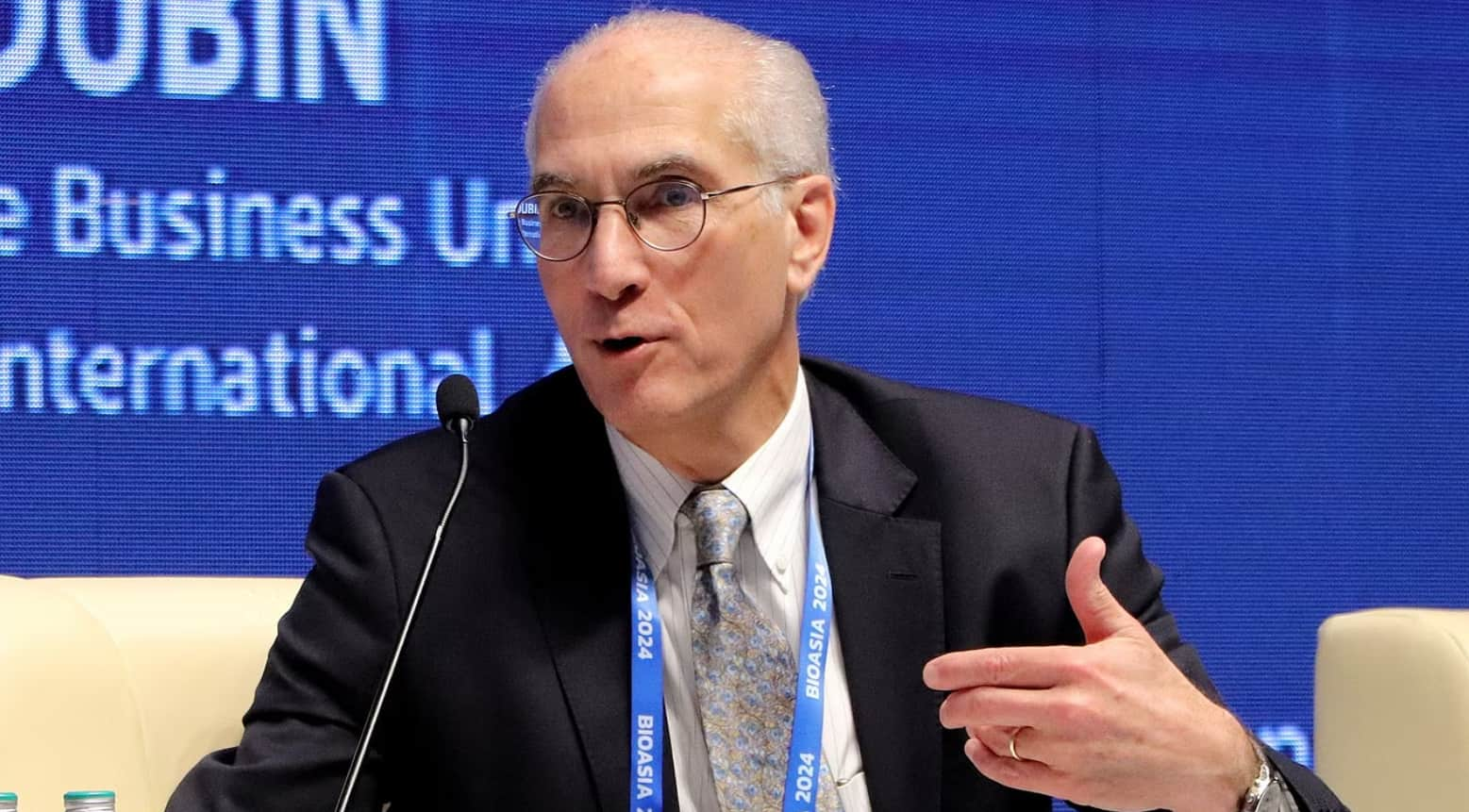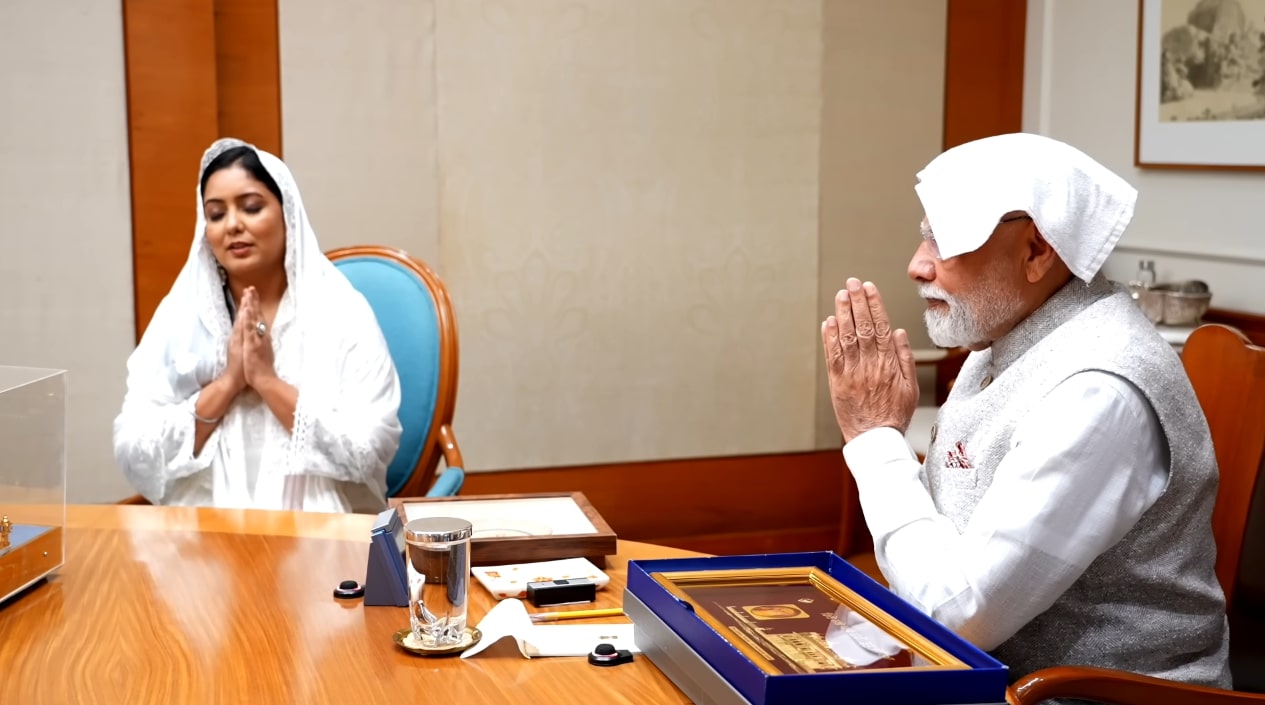Hyderabad, India – In a move to combat the global burden of dengue fever, Japanese pharmaceutical giant Takeda and Hyderabad-based Biological E. Limited (BE) announced a strategic partnership on Tuesday. The collaboration aims to significantly increase the production of Takeda’s dengue vaccine, TAK-003, also known as TAK-003.
BE, a leading Indian vaccine and biologics company, will leverage its manufacturing expertise to produce up to 50 million doses of the vaccine annually. This will contribute to Takeda’s goal of reaching a total production capacity of 100 million doses per year by 2030.
Boosting Availability in Endemic Countries
The partnership aims to make the vaccine more readily available in dengue-endemic countries, particularly in Southeast Asia and Latin America, where the disease poses a significant public health threat. Dengue fever is a mosquito-borne viral infection that affects millions globally, causing flu-like symptoms and, in severe cases, potentially life-threatening complications.
Combining Expertise for Global Impact
“This collaboration brings together Takeda’s leading dengue vaccine candidate and BE’s extensive manufacturing capabilities,” said Gary Dubin, Takeda’s Global Head of Vaccines. “Together, we aim to significantly increase access to this important vaccine and contribute to the global fight against dengue fever.”
Mahima Datla, Managing Director of BE, echoed this sentiment, stating, “We are delighted to partner with Takeda to manufacture their innovative dengue vaccine. This collaboration aligns perfectly with our commitment to developing and delivering affordable vaccines for global public health needs.”
Regulatory Hurdles Remain
While the partnership focuses on scaling up production, Takeda is still in discussions with Indian regulators to obtain approval for the vaccine’s use in the country. Additionally, clinical trials are planned to further assess the vaccine’s safety and efficacy in the Indian population.
This collaboration between Takeda and BE signifies a positive step towards increasing global access to a potentially life-saving vaccine and combating the widespread threat of dengue fever.



